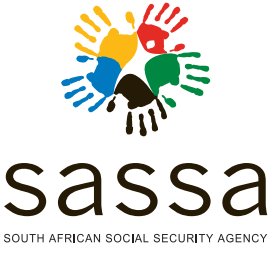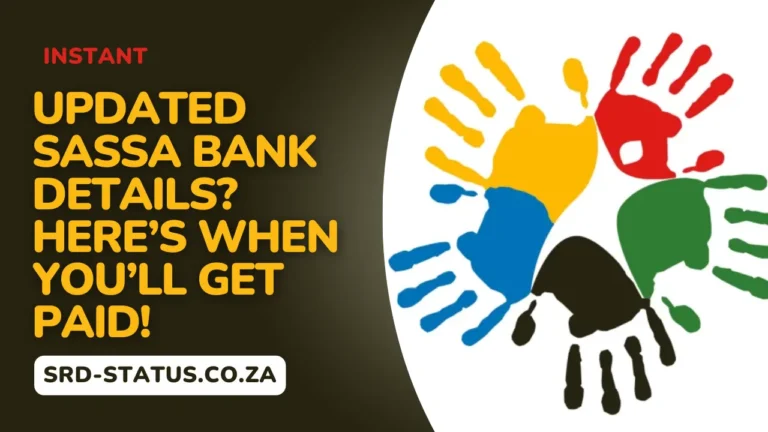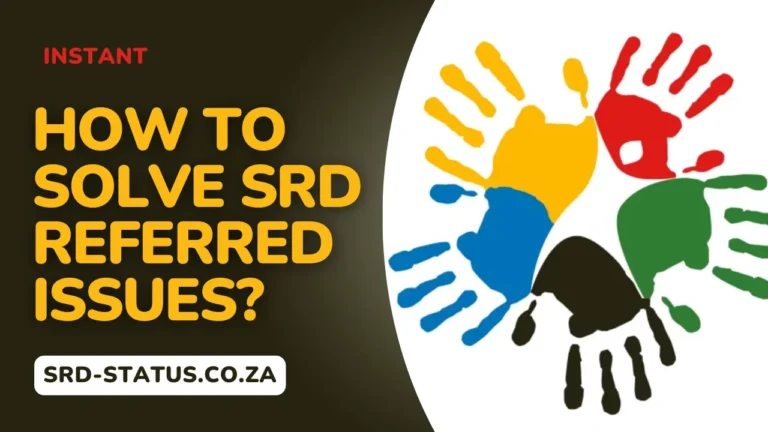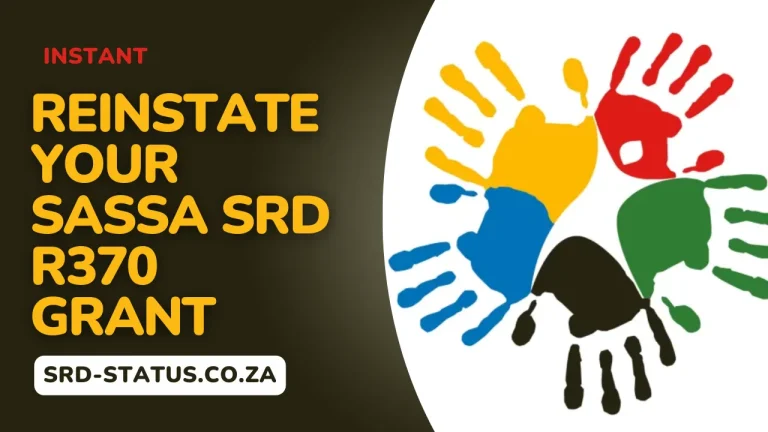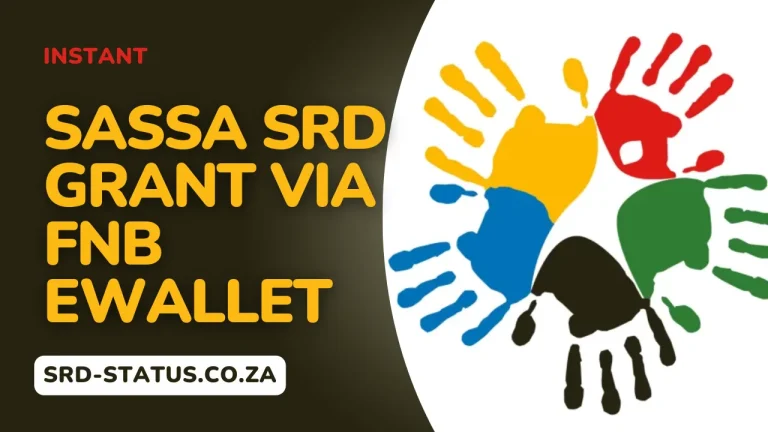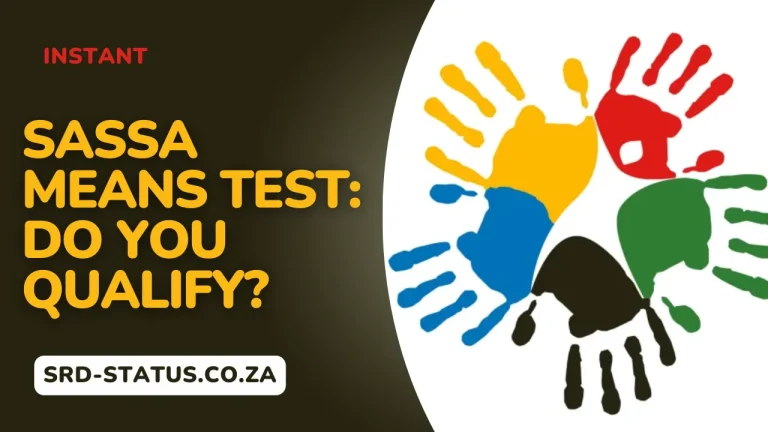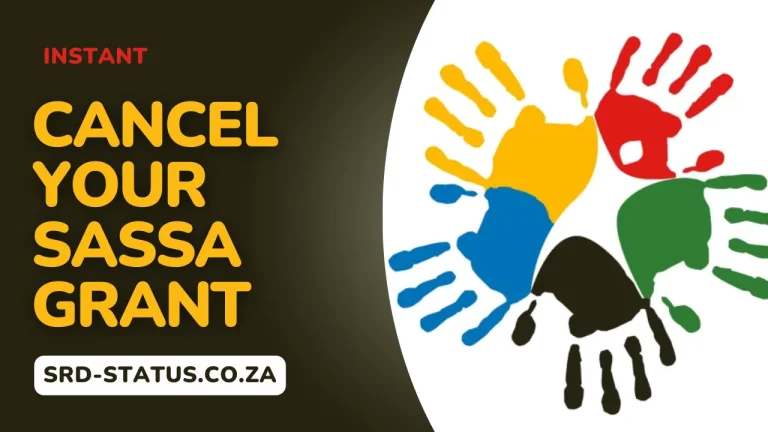Does SASSA Check Your Bank Account Every Month?
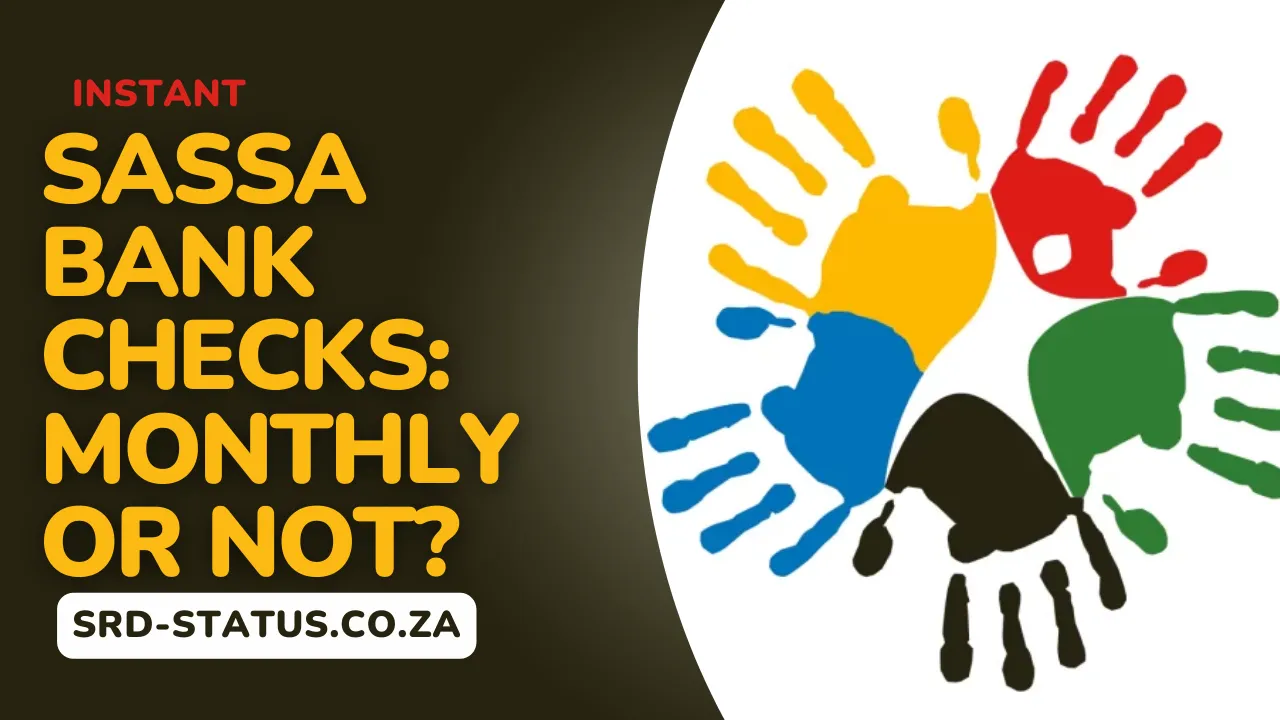
If you’re a SASSA grant recipient, you might be asking, Does SASSA check my bank account every month? This is a common concern for those relying on grants like the SRD, Child Support, Disability, or Older Person’s Grant. Understanding how SASSA monitors your financial information is key to maintaining eligibility and avoiding penalties.
In this guide, we’ll break down the facts about SASSA’s bank account checks, clarify monitoring processes for different grants, and provide actionable tips to stay compliant. Let’s dive in.
Does SASSA Check Your Bank Account Every Month? (Quick Answer)
SASSA checks bank accounts monthly for SRD R370 grant recipients to ensure income stays below R624. Other grants, like Child Support, Disability, and Older Person’s Grants, undergo periodic reviews, not monthly checks.
Why Does SASSA Monitor Financial Information?
The South African Social Security Agency (SASSA) supports millions through grants designed for specific needs, such as poverty relief, disability, or child support. To ensure funds reach eligible individuals, SASSA conducts means tests to verify income and financial resources. These tests vary by grant type, with some requiring frequent checks and others reviewed periodically.
SASSA’s goal is to:
- Confirm recipients meet income thresholds.
- Prevent misuse of funds.
- Adapt grants to changing financial circumstances.
How Often Does SASSA Check Your Bank Account?
The frequency of SASSA’s bank account checks depends on the grant you receive. Below, we outline the processes for each major grant type based on the latest 2025 information.
SASSA SRD R370 Grant
The Social Relief of Distress (SRD) grant is a temporary aid for individuals with no other income sources. Due to its conditional nature, SASSA monitors recipients’ financial status closely.
- Monthly Checks: SASSA verifies bank accounts every month to ensure income remains below R624.
- Monitoring Process: SASSA partners with banks to access transactional data, checking for deposits or income that exceed the threshold.
- Consequences: If your income exceeds R624, SASSA may suspend or terminate your grant. Even small, unreported income can trigger this.
Why Monthly? The SRD grant’s strict eligibility ensures it supports only those in dire need, requiring regular oversight.
Other SASSA Grants
Grants like the Child Support Grant, Disability Grant, and Older Person’s Grant have different monitoring schedules. These grants undergo periodic reviews rather than monthly checks.
Child Support Grant
- Income Limit: R5,600 per month (single) or R11,200 (married) as of 2025.
- Monitoring: Verification occurs during the application process and periodic reviews (e.g., every 1–2 years or when flagged).
- Process: SASSA may request updated bank statements or proof of income.
Disability Grant
- Income Limit: R9,070 (single) or R18,140 (married) as of 2025.
- Monitoring: Reviews happen at intervals, typically when eligibility is reassessed or medical conditions are re-evaluated.
- Process: Recipients may need to submit financial or medical documentation.
Older Person’s Grant
- Income Limit: Same as Disability Grant (R9,070 single, R18,140 married).
- Monitoring: Periodic reviews confirm continued eligibility based on income, assets, or life changes (e.g., marriage).
- Process: SASSA may request bank statements or other proof during reviews.
Why Less Frequent? These grants are more stable, with eligibility based on long-term conditions like age or disability, reducing the need for monthly checks.
Why Are SRD Grant Checks More Frequent?
The SRD grant’s temporary and conditional nature sets it apart. Unlike other grants, it targets individuals with no alternative income, requiring monthly checks to:
- Ensure funds reach those most in need.
- Adapt to recipients’ changing financial situations.
- Prevent fraud or misuse.
For example, if you start earning above R624 (e.g., through casual work), SASSA’s system will detect this, and your grant may be paused until your income drops below the threshold again.
What Happens During Periodic Reviews?
For non-SRD grants, SASSA conducts periodic reviews to reassess eligibility. These reviews are less frequent but critical for compliance. During a review, SASSA may request:
- Recent bank statements to verify income.
- Proof of employment or lack thereof.
- Updated personal details, such as marital status or household changes.
Consequences: If unreported income, assets, or life changes (e.g., marriage) are found, SASSA may:
- Suspend or cancel the grant.
- Require repayment of overpaid funds in rare cases.
To avoid issues, always provide accurate information during reviews.
What to Do If Your Financial Situation Changes?
Changes in your financial status, such as new income or employment, can affect your grant eligibility. Failing to report these changes may lead to penalties, grant suspension, or legal consequences.
Steps to Stay Compliant
- Notify SASSA Promptly: Report changes via your local SASSA office or the official website (www.sassa.gov.za).
- Submit Documentation: Provide bank statements, payslips, or other proof as requested.
- Be Transparent: Honesty prevents complications during audits or reviews.
Example: If you receive the SRD grant and start earning R700 monthly, inform SASSA immediately to avoid penalties.
Common Misconceptions About SASSA Monitoring
Misinformation about SASSA’s processes can cause confusion. Let’s debunk some myths:
- Myth: “SASSA checks all bank accounts monthly.”
Fact: Only SRD grants face monthly checks. Other grants are reviewed periodically. - Myth: “Any income change cancels my grant.”
Fact: Income changes only affect eligibility if they exceed the grant’s threshold (e.g., R624 for SRD). - Myth: “SASSA knows everything automatically.”
Fact: While SASSA accesses bank data, you must proactively report significant changes.
How to Ensure Compliance with SASSA Rules
Staying compliant is simple with these practical tips:
- Know Your Grant: Understand the eligibility criteria and monitoring frequency for your specific grant.
- Keep Records: Maintain copies of bank statements, payslips, and other financial documents.
- Report Changes: Inform SASSA of income, employment, or household changes immediately.
- Check Updates: Visit www.sassa.gov.za for the latest grant rules and income thresholds.
Conclusion
Does SASSA check your bank account every month? Here’s the breakdown:
- Yes, for SRD R370 grant recipients, with monthly checks to ensure income stays below R624.
- No, for Child Support, Disability, and Older Person’s Grants, which face periodic reviews.
By understanding SASSA’s monitoring processes, keeping accurate records, and reporting changes promptly, you can maintain eligibility and avoid complications. For further clarification, contact SASSA via www.sassa.gov.za or visit a local office.
Stay informed, stay compliant, and ensure uninterrupted support in 2025.

I’m a South African social development writer and grant education advocate with over 5 years of hands-on experience helping citizens understand and access SASSA services. I specializes in breaking down complex government processes into easy-to-read guides that empower low-income families, unemployed youth, and senior citizens.
As a community outreach volunteer and former SASSA liaison assistant, I have personally helped over 3,000 individuals apply for and manage their SRD grants, Child Support Grants, and Disability Grants.
